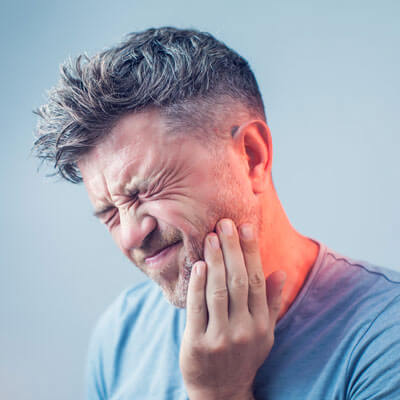 Dental trauma can result from a wide range of accidents, such as sports injuries, falls, car accidents, or physical altercations, affecting not only the teeth but also the gums and surrounding structures of the mouth.
Dental trauma can result from a wide range of accidents, such as sports injuries, falls, car accidents, or physical altercations, affecting not only the teeth but also the gums and surrounding structures of the mouth.
The extent of these injuries may vary from minor chips or cracks to severe cases that lead to tooth loss or damage to the bone. Quick action and appropriate care are key to preserving dental health and function.
The Different Types of Trauma
- Chipped Teeth – minor fractures affecting either the outer layer (enamel) or underlying layer (dentin)
- Fractured Teeth – more severe breaks that may involve the pulp, often requiring additional care
- Dislocated Teeth – teeth that are knocked out (avulsed) or partially displaced, needing immediate attention
- Root Fractures – breaks occurring within the tooth root that often call for more specific interventions
Learning to Recognise the Symptoms
Symptoms vary significantly based on the nature of the injury. Pain, sensitivity, swelling, or bleeding in the gums are common indicators. Visible fractures or chips in the teeth or misalignment can also point to dental trauma. For dislocations, the tooth may look out of place or be entirely missing. Quick attention to these symptoms helps prevent further complications.
How Our Dentists Diagnose Trauma
Our dentists start with a comprehensive examination to assess dental trauma, often using X-rays to determine the extent. Our careful evaluation helps us decide the best course of action and any additional oral care needed.
The options available vary depending on the severity of the injury. For minor chips, dental bonding or composite resin can restore the tooth’s appearance. Severe fractures may require crowns or root canals to protect the tooth. Quick reimplantation is essential for avulsed teeth; the tooth should be kept moist, ideally in milk or saline, and the patient should seek dental care immediately. Root fractures may involve monitoring, but extraction could be necessary if the tooth cannot be preserved.
Prevention Tips for Dental Safety
Taking safety precautions reduces the risk of dental trauma. Mouthguards are highly recommended for high-risk activities like sports. Avoiding unnecessary risks and practising good oral hygiene helps keep your teeth strong and resilient to injury.
Prioritise Your Oral Health Now
Dental trauma may happen unexpectedly, but with prompt care, many injuries can be treated successfully. Contact Princeton Dental to ensure your teeth and gums get the care they need after any injury.
